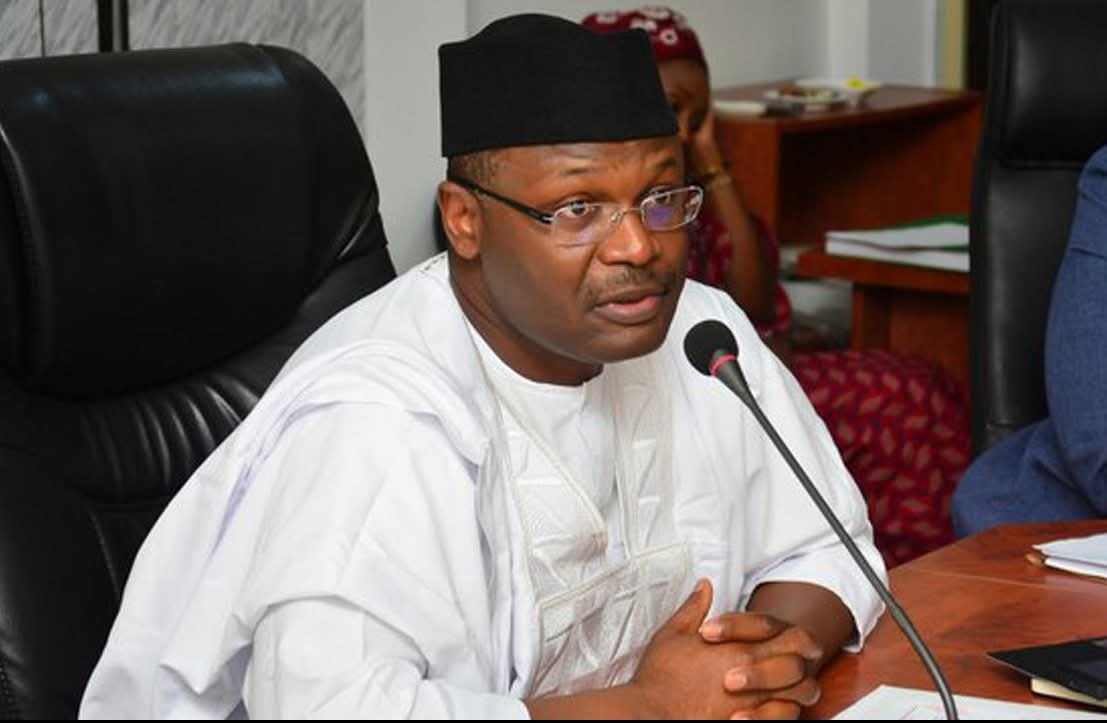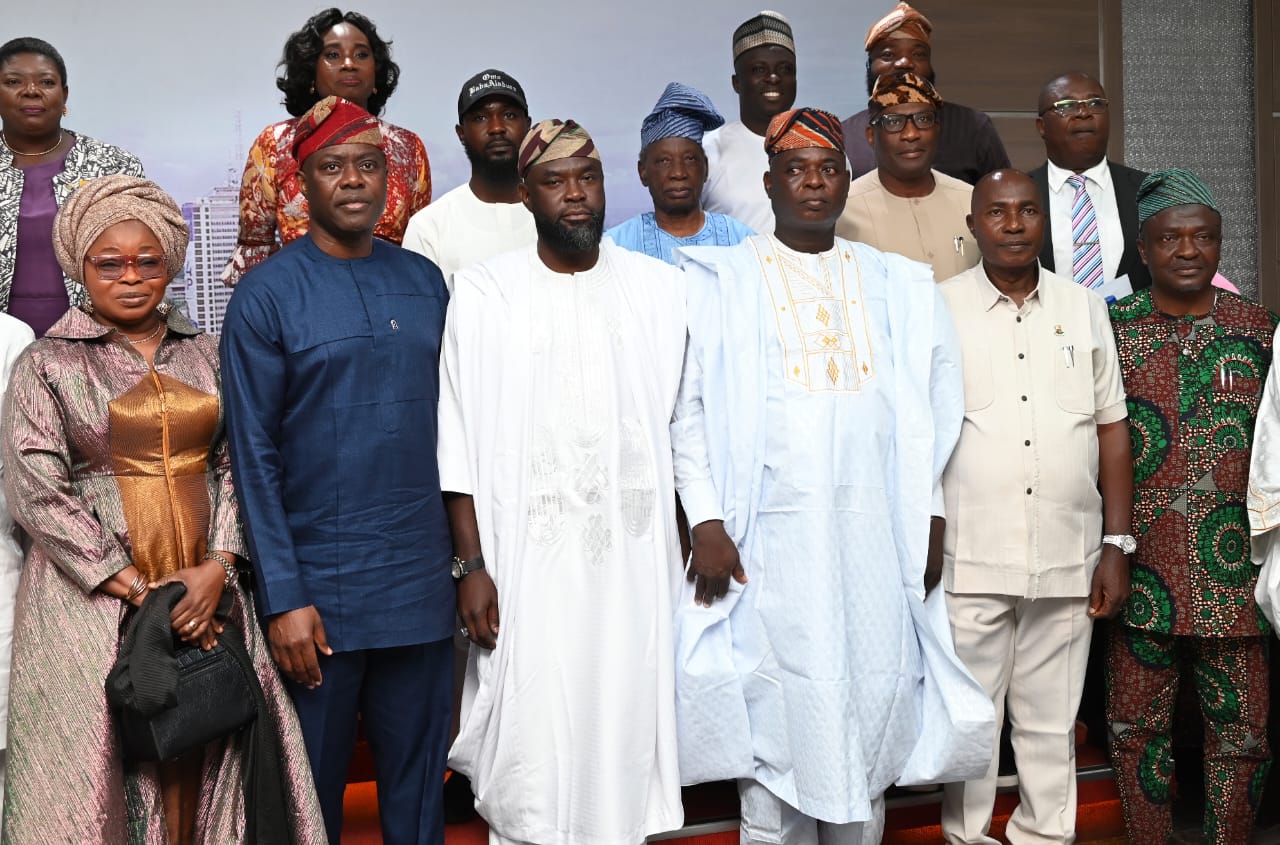
World Bank projects Nigeria’s public debt to decline by 3.1%
For the first time in over 10 years, Nigeria’s public debt is expected to shrink to 39.8 from 42.9 per cent of Gross Domestic Product (GDP), the World Bank has said.
The bank also said the economic reforms introduced by Bola Tinubu may be reshaping the structure of the Nigerian economy, but they have yet to reflect in the quality of life of Nigerians.
The report stated: “The federal deficit is projected at 2.6 per cent of GDP in 2025, broadly unchanged from 2024, while public debt is expected to decline for the first time in over a decade—from 42.9 to 39.8 per cent of GDP.”
The World Bank noted that Nigeria’s economy expanded by 3.9 per cent year-on-year in the first half of 2025, up from 3.5 per cent in the same period of 2024, driven by strong performance in services and non-oil industries, alongside improvements in oil production and agriculture.
Presenting its Nigeria Development Update (NDU) tagged Positive Economic Momentum in Nigeria: Now Time to Bring Home the Gains in Abuja yesterday, the World Bank said more needs to be done to ensure the gains recorded so far translate into better living standards for citizens.
Though Nigeria has witnessed a sustained downward slide in inflation figures, the Minister of Finance and Coordinating Minister for the Economy, Wale Edun, who admitted that inflation is higher in rural areas, blamed high food prices on poor infrastructure, bad roads in rural areas, and a weak value chain such as storage and logistics.
He noted that states now have significant resources that should be invested wisely to tackle inherent structural challenges.
He also hinted that the Fiscal Coordination Committee planned to meet yesterday (Wednesday) evening in its bid to improve the quality and consistency of fiscal data across government agencies.
Edun argued that better data would enhance transparency, market confidence, and credit ratings.
In his intervention, the Governor of Nasarawa State, Abdullahi Sule, lauded President Bola Tinubu for introducing fiscal policies that resulted in increased allocations to state governments. He said the increased resources have empowered state governments to embark on projects that were hitherto deemed too big for them.
The report noted progress in economic growth, domestic revenue mobilisation, monetary policy, and external balances, while underscoring persistent challenges such as high food inflation, widespread poverty, and structural barriers that constrain inclusive growth.
Though the report may convey optimism, the global bank urged caution, saying, “However, these macroeconomic gains have yet to translate into tangible improvements in people’s lives. Many households continue to face hardship, with poverty and food insecurity remaining high.”
While inflation is receding, the World Bank expressed worry about food inflation that is still steep. It highlighted that poor households—who spend up to 70 per cent of their income on food—have seen the cost of a basic food basket rise fivefold between 2019 and 2024.
Another source of concern in the ongoing economic reforms is that the government is more preoccupied with long-term gains rather than the present. It declared that addressing long-standing policy distortions and sustained progress in livelihoods will depend on continued efforts to reduce inflation, foster inclusive growth, strengthen public services, and expand support for the most vulnerable.
In his remarks, World Bank Country Director for Nigeria, Mathew Verghis, said: “The Nigerian government has taken bold steps to stabilise the economy, and these efforts are beginning to yield results. But macroeconomic stability alone is not enough. The true measure of success will be how these reforms improve the daily lives of Nigerians—especially the poor and vulnerable.”
To help bridge the gap between macroeconomic progress and improved welfare, the report urged the government to tackle food inflation by removing trade barriers such as import bans and excessive duties, while addressing structural bottlenecks in seeds, input supply, security, logistics, and infrastructure.
Apparently speaking to the profligacy of some state governors as allocations from the Federation Account Allocation Committee (FAAC) reach unprecedented levels, the World Bank called on the Federal Government to closely monitor public spending, even among its agencies and parastatals.
It stressed the need for a national pact to align fiscal policy with development objectives, especially human capital investments.
Amid doubts over the credibility of those who have benefited from the social intervention funds, the World Bank urged the Federal Government to expand and institutionalise social protection, including regular, domestically financed cash transfers for the ultra-poor, and a shock-responsive safety net system to help households manage crises.
The bank held that though it looks promising, the outlook for Nigeria’s economy remains cautiously optimistic.
The World Bank’s Senior Economist for Nigeria, Samer Matta, said: “Growth is projected to accelerate modestly from 4.2 per cent in 2025 to 4.4 per cent in 2027, driven by services and supported by agriculture and non-oil industry.
Inflation is expected to gradually ease but remain elevated, requiring sustained monetary discipline and structural reforms to tackle food prices.”
He described high food prices as the “biggest tax on the poor.”
Tags:
No tags
Related Posts
Loading...



